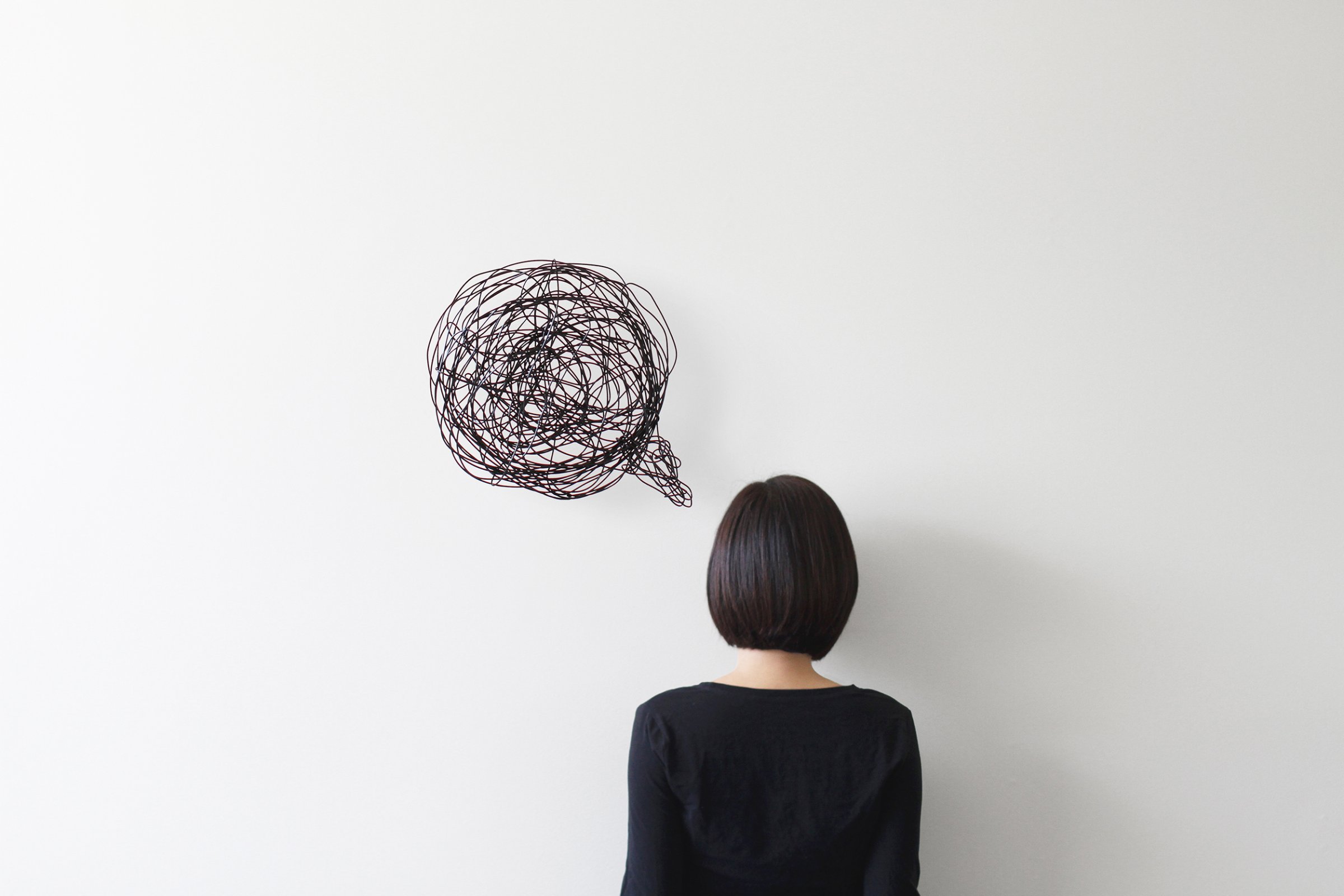
When you do something embarrassing, you probably wish you were someone — anyone — else.
But new research says that’s not just an instinctual reaction: It’s actually a good strategy for dealing with cringe-worthy moments.
A new study published in the journal Motivation and Emotion says that picturing yourself as an observer of the gaffe, rather than a participant, may minimize distress. “It’s [about] detaching yourself from this embarrassing situation and realizing observers won’t judge you harshly,” explains Li Jiang, one of the study’s authors and a researcher at Carnegie Mellon University’s Center for Behavioral and Decision Research.
The trick, however, is to look at yourself as a truly anonymous observer — not from another person’s perspective, Jiang says. Taking on the profile of a third-party observer is more powerful, she says, because it provides more distance from the situation.
In one experiment included in the study, 107 university students were told that researchers were looking for volunteers to discuss how doctors could improve communications regarding sensitive health issues such as sexually transmitted infections. Participants then took one of two surveys. One version first asked how likely they were to volunteer for the study and how they would expect to feel during the session — which would involve answering personal questions — then about how they would expect the researchers to feel toward them.
The second version asked the same questions in the opposite order, forcing respondents to consider the researchers’ thought processes before their own. People most prone to embarrassment (as measured by responses to a self-consciousness test) were more likely to say they’d participate if they had taken the second survey, the researchers found — suggesting that framing the situation through the eyes of an observer made a difference.
In another experiment, 220 undergraduate students were asked to provide feedback about an advertisement for an anti-flatulence product that depicted a man passing gas in front of his crush. One group read ad copy that only highlighted how embarrassing the situation was, while a second group read additional text saying things like, “Others will know what it’s like” and, “Put yourself in their shoes.” The people in the study were then asked how likely they would be to purchase the anti-gas product.
Embarrassment-prone people who read the version that included the observer’s perspective were less likely to buy the anti-gas product, compared to high-embarrassment peers who read the other version — suggesting that reframing the issue may reduce embarrassment avoidance.
This strategy isn’t foolproof. In fact, in the study, the people who were the least likely to get embarrassed and who read the observer’s version actually became more likely to buy the product, a finding that surprised Jiang. “It tells us that, for any intervention, especially in helping people to counter embarrassment, we need to take into account the variations and individual differences,” Jiang says. “It won’t work for all people.”
But embarrassment can have more serious consequences than just momentary discomfort, so finding new strategies to combat it is crucial, says Jiang. Imagine if you wanted to apply for a mortgage, but you didn’t know how it worked, and you were too embarrassed to ask. “This will lead to suboptimal decisions,” Jiang says. “In medical tests, sometimes people feel too embarrassed to disclose certain kinds of information; this will lead to suboptimal outcomes, and sometimes is life-threatening.”
Given the possible negative consequences, Jiang says, it’s important to find ways to curtail embarrassment avoidance. And getting some distance from an embarrassing moment might do the trick.
More Must-Reads from TIME
- Donald Trump Is TIME's 2024 Person of the Year
- Why We Chose Trump as Person of the Year
- Is Intermittent Fasting Good or Bad for You?
- The 100 Must-Read Books of 2024
- The 20 Best Christmas TV Episodes
- Column: If Optimism Feels Ridiculous Now, Try Hope
- The Future of Climate Action Is Trade Policy
- Merle Bombardieri Is Helping People Make the Baby Decision
Write to Jamie Ducharme at jamie.ducharme@time.com